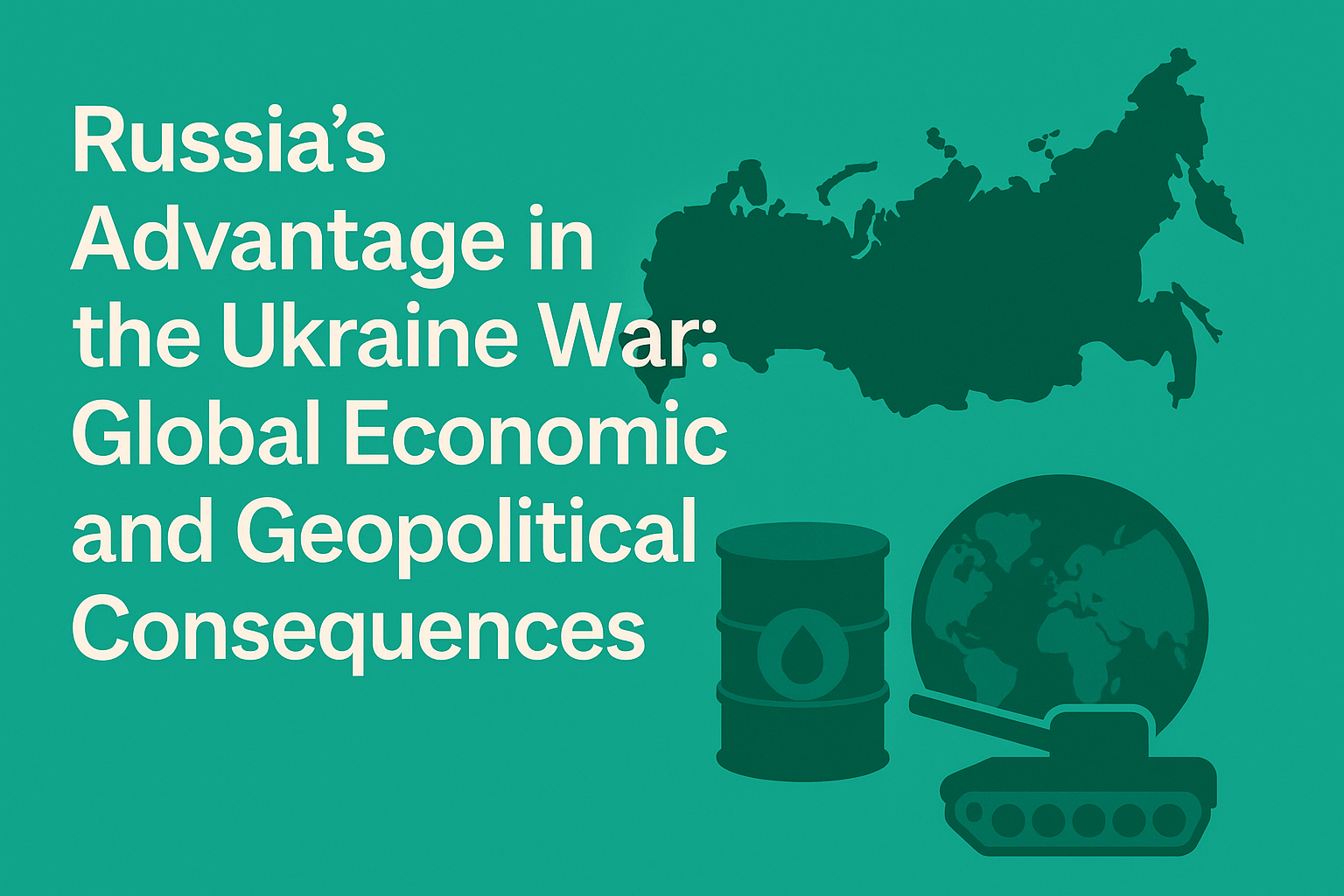1. Introduction
In recent years, a growing number of wealthy Chinese individuals have been purchasing luxury real estate in Tokyo. This report analyzes the underlying economic and political rationale for this trend and assesses its implications for the Japanese real estate market.
2. Economic Rationale
(1) Yen Depreciation and Relative Affordability
- The depreciation of the Japanese yen has made Tokyo properties relatively inexpensive for those holding foreign currencies.
- Compared to London or New York, Tokyo’s luxury housing prices remain 30–40% lower.
- For wealthy Chinese investors seeking portfolio diversification, Tokyo offers cost-efficient entry into a global metropolis.
(2) Asset Security and Liquidity
- China’s domestic property market is under pressure due to oversupply and declining prices.
- Tokyo’s real estate, by contrast, is supported by stable demand and higher liquidity, especially in central districts.
- Many Chinese buyers purchase with cash, prioritizing asset safety and ease of liquidation.
(3) Circumventing Capital Controls
- China limits overseas remittances to USD 50,000 per person annually.
- Wealthy individuals bypass this via family-splitting transfers, Hong Kong financial channels, or offshore structures.
- Stricter domestic regulations, paradoxically, encourage wealthy Chinese to externalize assets.
3. Political Rationale
(1) Hedging Against Domestic Political Risk
- Under Xi Jinping’s “Common Prosperity” campaign, wealthy individuals face higher scrutiny, taxation, and social pressure.
- Tokyo properties offer a safe haven, where the rule of law is stable and asset confiscation risk is virtually nonexistent.
(2) Geopolitical Risk Diversification
- Rising U.S.-China tensions and potential instability in the Taiwan Strait have prompted Chinese elites to seek Plan B residences abroad.
- Japan is geographically close, culturally accessible, and less restrictive compared to Western nations with stricter visa or property ownership laws.
(3) Stable Bilateral Economic Relations
- Despite political frictions, Japan-China economic interdependence remains strong.
- Unlike Australia or Canada, Japan has not yet imposed harsh restrictions on foreign property purchases, making it a relatively open destination.
4. Lifestyle and Social Rationale
- Education: Tokyo offers access to the University of Tokyo, prestigious private schools, and international schools.
- Healthcare & Safety: Japan provides advanced healthcare and high public safety standards.
- International Community: Minato, Shibuya, and Chiyoda wards host established expatriate communities and luxury services.
👉 These lifestyle factors make Tokyo attractive not only as an investment hub but also as a family relocation and long-term living destination.
5. Impact on the Japanese Real Estate Market
(1) Price Inflation
- High-end districts (Minato, Shibuya, Chiyoda, Chuo) have seen rapid price increases due to cash-rich foreign demand.
- In some areas, such as Shoto (Shibuya), reports suggest that more than half of luxury properties are being purchased by Chinese buyers.
(2) Market Distortion
- Increased demand for high-value properties drives up prices, pushing them beyond the reach of domestic middle-class buyers.
- Luxury condos and tower apartments are shifting from residential use to global investment assets.
(3) Policy Risks
- Japan may face mounting pressure to introduce foreign ownership regulations, as already implemented in Canada and Australia.
- A debate is emerging over balancing open investment policies with social fairness and housing affordability.
6. Synthesis – Horizontal Thinking Perspective
| Dimension | China (Domestic) | Japan (Tokyo) | Outcome |
|---|---|---|---|
| Economy | Property downturn, capital controls | Yen depreciation, affordability | Asset flight to Tokyo |
| Politics | Regulatory crackdown, “Common Prosperity” | Stable legal system, low expropriation risk | Safe haven |
| Geopolitics | U.S.-China rivalry, Taiwan risk | Geographic proximity, relative stability | Plan B residence |
| Society | Pollution, uneven education | Safe, global-standard education & healthcare | Family migration |
7. Conclusion and Outlook
For wealthy Chinese individuals, purchasing real estate in Tokyo represents:
- A safe haven for asset preservation
- A strategic tool for portfolio diversification
- A hedge against domestic and geopolitical risks
- A pathway to improved lifestyle and education for their families
This trend will likely persist as long as Chinese domestic uncertainties continue and yen valuations remain favorable.
However, its side effects—property inflation, domestic affordability issues, and potential regulatory backlash—pose challenges for Japan.
The Japanese government and market participants will increasingly need to strike a balance between welcoming foreign investment and ensuring social equity in housing.


